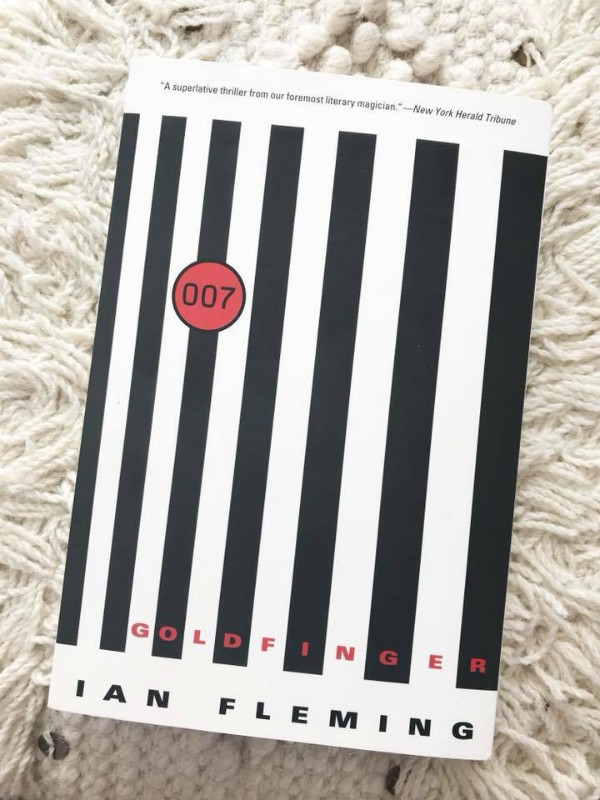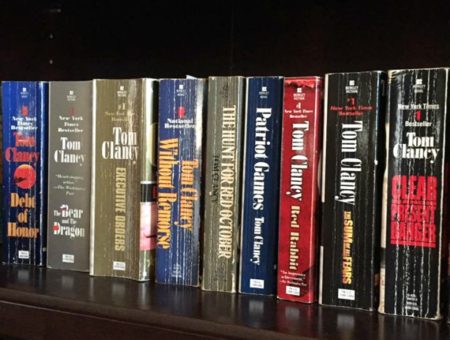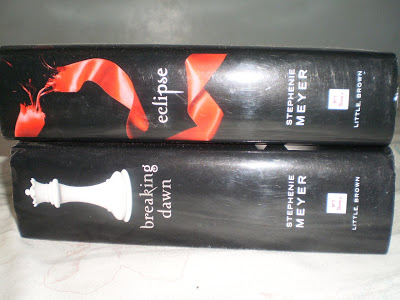Just how many times have you been disappointed or wondered at the difference in the translation of a book you read into a film? What prompted me to wonder about that is a book I recently read, which is exactly backwards to what I just asked because I saw the movie way before I ever read the book.

James Bond
Over the years, I’ve been a great fan of Ian Fleming’s creation, the 007 character, James Bond. My recent attempt at rereading Fleming’s work ran into a brick wall when I found that my local library had copies of only four of the 14-book series, Casino Royale, Diamonds are Forever, From Russia with Love and Thunderball. But then after my recent blog post about James Bond, my wifey Lynndee came to the rescue – after reading my blatant hint in the blog post – and got me three more of the books: Live and Let Die, Moonraker and Dr. No, which completed the list of the first six books Fleming wrote.
Of course, over the years, I’d seen every one of the movie versions of those books, as well as having read them. And the first major disappointment I ran into was the viewing of 1967s Casino Royale, a total farce, not only in the fact that the plot was a satire of the original book but that the movie itself was totally absurd, destroying the initial characterization of Bond created in the books and the first four movies produced. It was only 39 years later that justice was done to the book and the movie series when a remake was released with Daniel Craig portraying Bond, following the original plot of the book. But, ironically, I ran into another Bond movie that strayed from the original story as it was written: Goldfinger.
Goldfinger
After having read the books wifey got me, I got me a copy of Goldfinger, and on reading it, I was totally surprised at the difference in the plot from that portrayed in the movie. I actually found the book more entertaining than the movie, though I do still love the movie. And at that, the differences in the plot weren’t as critical as those in Casino Royale, which truly did not resemble the book at all.
The Shining
But one movie that totally disappointed me was Stanley Kubrick’s 1980 adaption of Steven King’s The Shining. For some reason, it’s regarded as one of the greatest horror films ever made. I found it to be more comical, especially the fake craziness Jack Nicholson portrayed.
Books Turned into Great Miniseries
But the 1997 three-part television miniseries starring Steven Weber and Rebecca De Mornay totally aced the themes and characterizations King had portrayed in his book which he also transferred to the teleplay used for this production. This was one of the best miniseries I’ve ever seen. But there are other books that have been turned into great miniseries of which I’ve enjoyed both the televised and written, such as Captains and the Kings, Once and Eagle, and Rich Man, Poor Man.
The Dark Tower
And recently, another Steven King work was turned into film without, from what I’ve read, great success. That’s the film version of his eight volume opus The Dark Tower. On having read the reviews, I realize that seeing this film would be a total waste of my time for it would in no way portray the characters or the plot in such a way that I was familiar with in what I consider to be his greatest work..
Conclusion
Without a doubt, it’s incredibly hard to translate the written word into those flickering images on the silver screen. And me being the book lover and movie lover I am, I imagine I’m overly critical at times so please take my words and thoughts with a grain of salt. I’m sure many will disagree with me and that’s their right. That’s what makes life interesting.





I can’t remember a time when I thought the movie was better than the book. In fact, I have actually avoided going to see movies after I’ve read the book because I don’t want the movie to tarnish my good memories of the book.
I’ve found that as a general rule the movie never stands up to the book. It’s only natural. Films have time constraints, and many books have to be cut to make it to the big screen.
I think you have to try and look at the two as two different entities, the books world you create in your mind it has your own spin and your mind can do anything, your imagination lets it. While a film is constricted by the real world and time.
I love to read but if a book is made into a movie, I will not read it until afterwards. It is impossible to get everything from a book into a movie that is 90-120 minutes long. So many details will be left out.
I’ve always found the way the movies are recreated by a book very interesting and how their detail can be so perfect!
The book always seems better, because there are so many details and thoughts that can’t be captured by a movie. It is always disappointing, too, when you read a book and then those things aren’t in the movie.
I always prefer the book. Mostly because I can come up with things in my mind… how they look, how they sound. When I see the movie, I’m always disappointed.
There were times that after watching a movie, I got so curious in reading the book to see the more real story in it. It will never be easy to put all the details in the movie.
In my opinion, there are some that are better as movies and then there are some that are better as books. It all depends on the story I think.
I’ve always heard books are better than movies and also provide way more details. I’ve never been a bookworm so I always just watch the movie.
I think books are typically better because they usually have more in-depth details in some areas. However, that doesn’t mean that the movies aren’t any good if the screenwriter does a good job of interpreting the book and determining the right angle to take the film.
I tend to like movies better. I can get lost very easily in the details of a book.
It honestly depends on which came out first! That is the only way a story is told in its truest form.